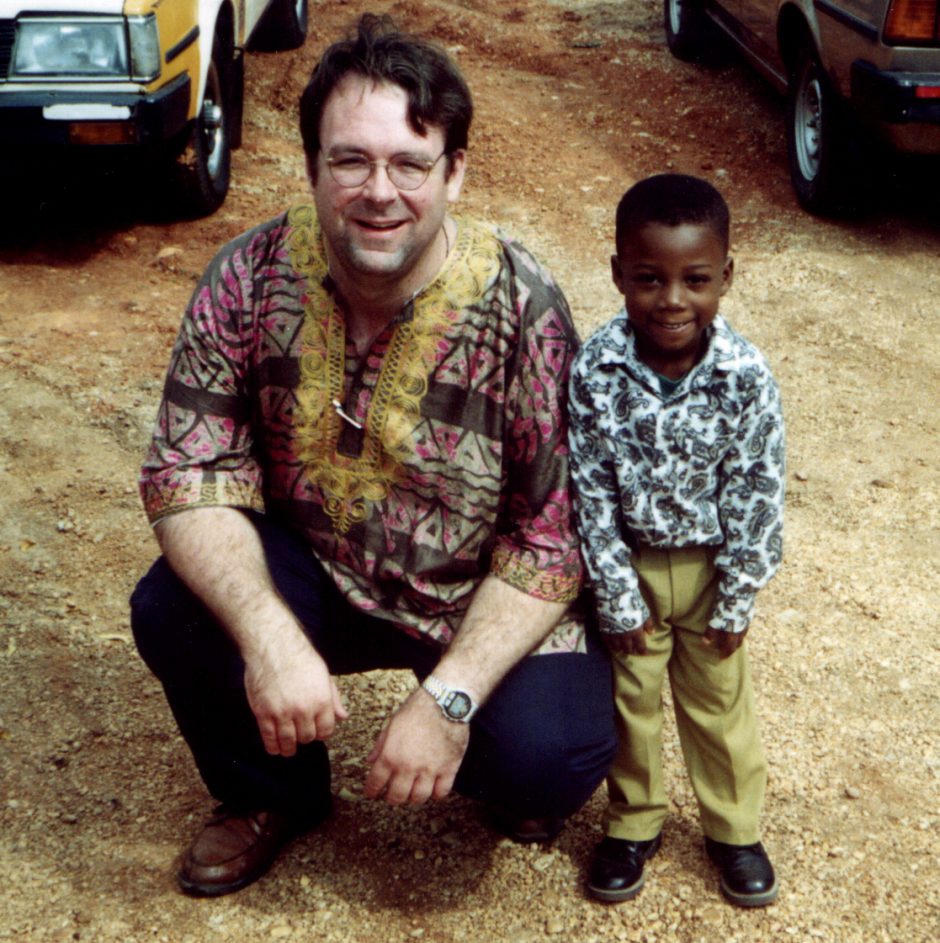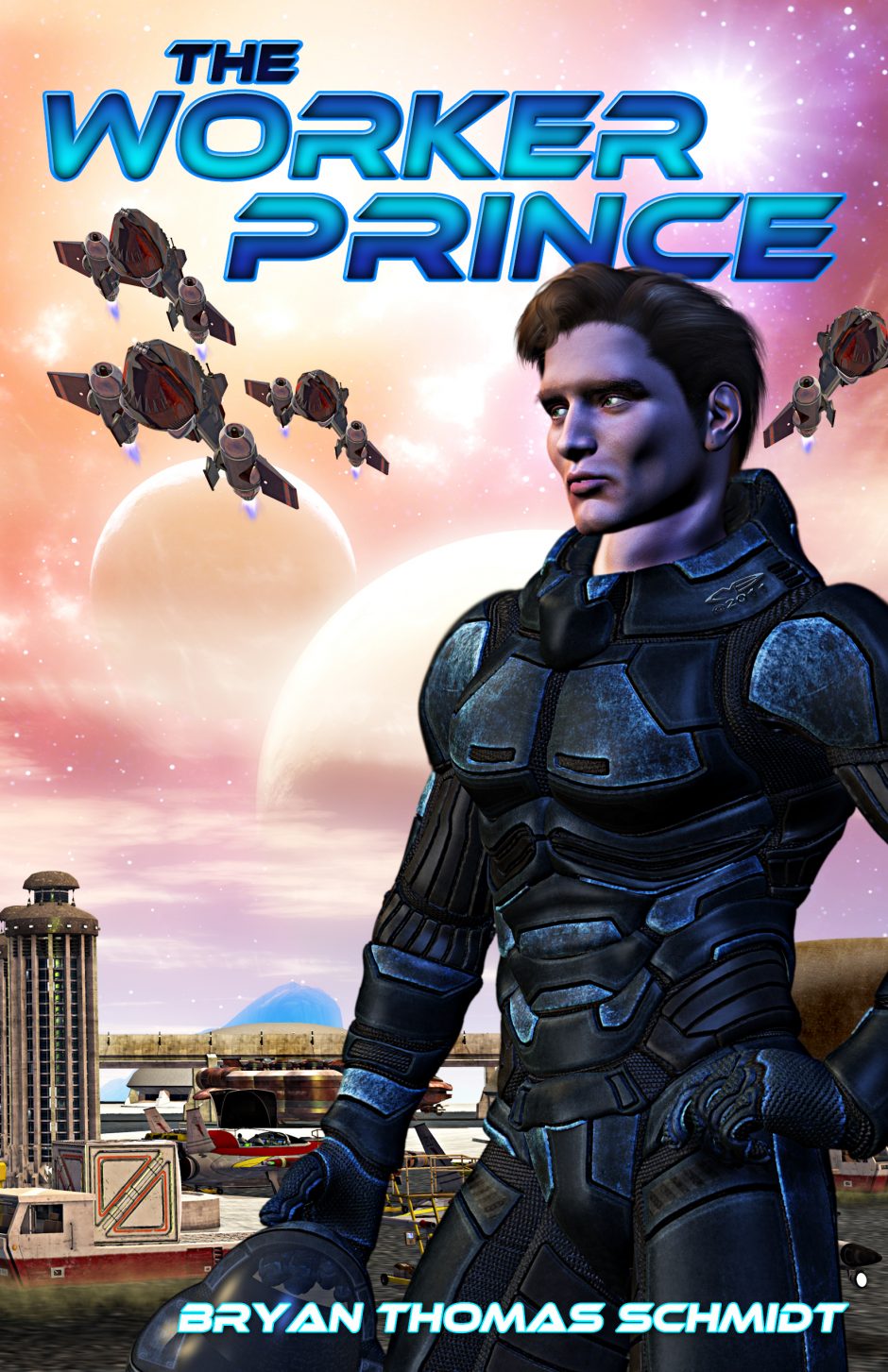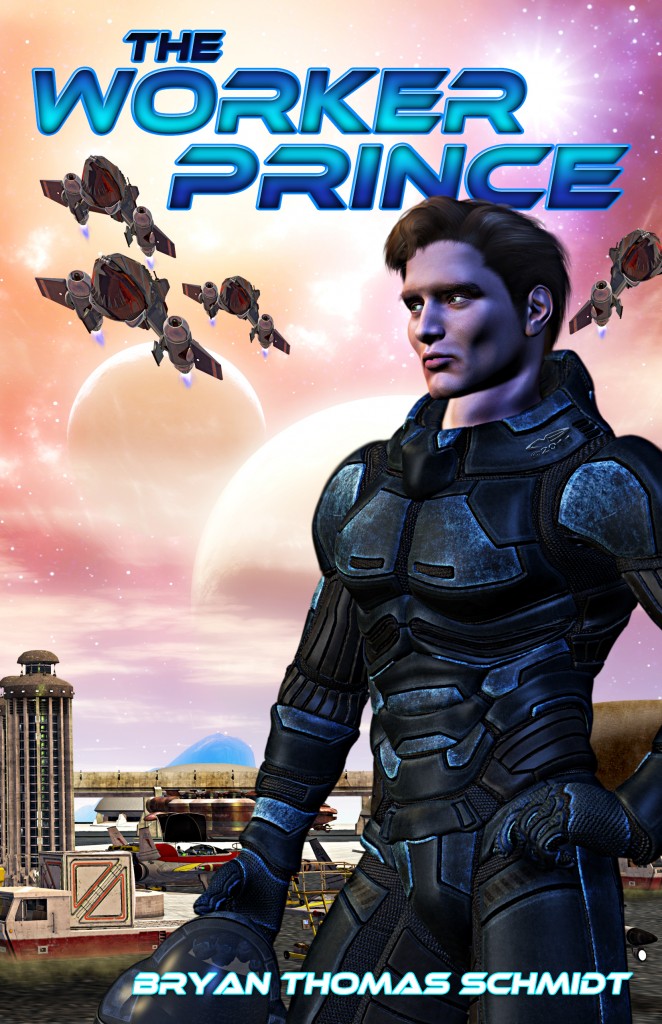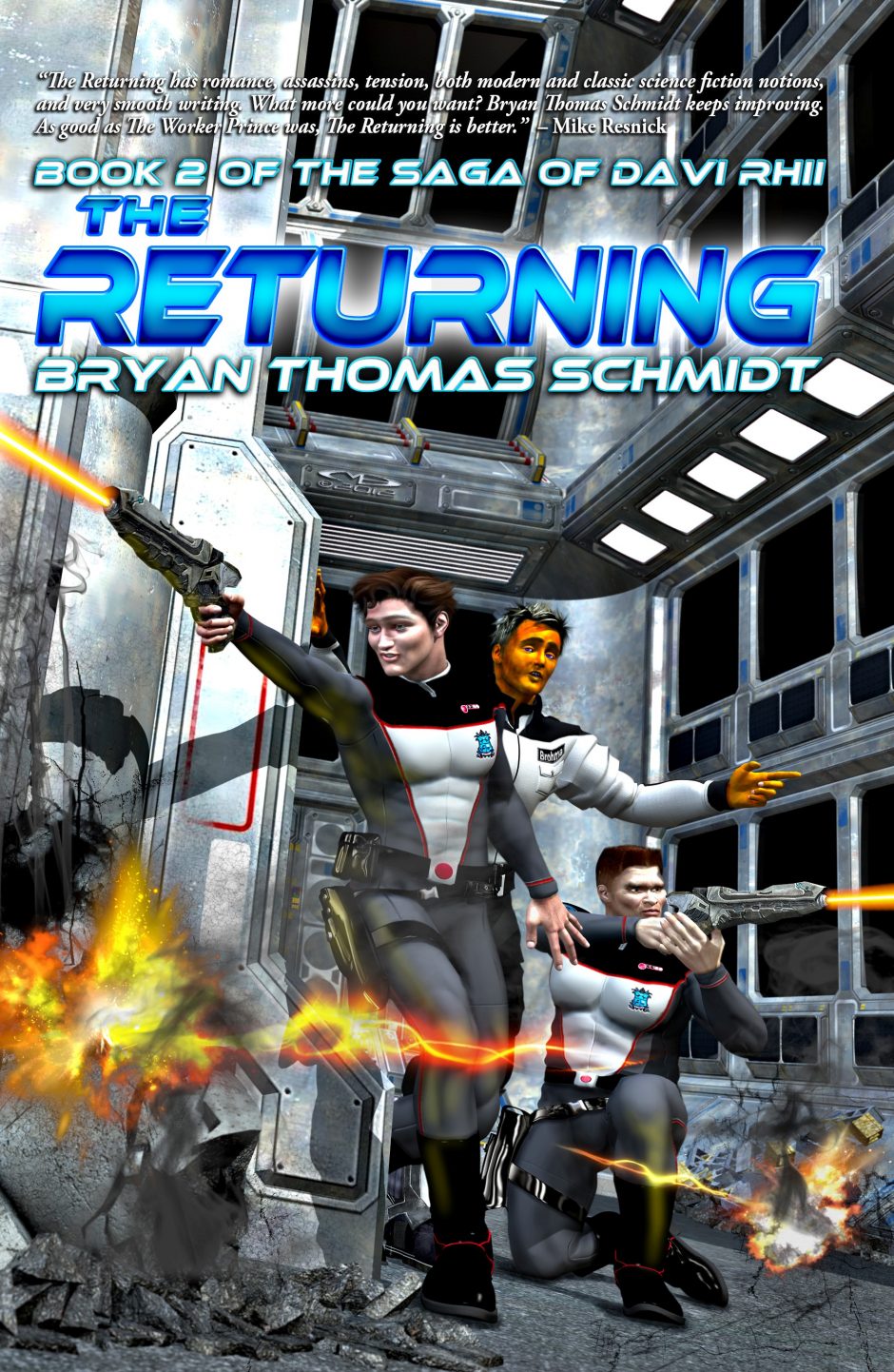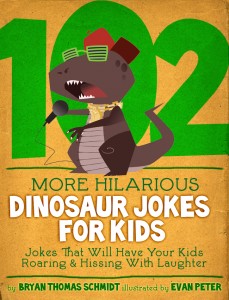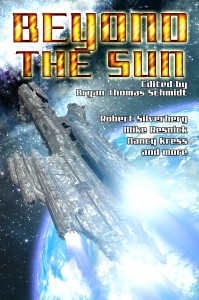
I grew up a novel fan. I read tie-ins to my favorite TV shows and then tore into Silverberg, Asimov, Card and others. I read short fiction at school and on occasion in magazines but long form is where I spent most of my time and, as a result, where I tend to be most comfortable writing. But then two years ago, Flying Pen Press’ David Rozansky invited me to edit an anthology. I had been pitching a concept for an anthology of first encounter stories from non-Western cultural perspectives (one I still want to do), but being unknown as both writer and editor, no one showed much interest except writers. Mike Resnick and several others immediately got excited with the concept. But with Space Battles: Full Throttle Space Tales 6, Flying Pen Press offered me the chance to prove myself. I had so much fun working on that and with great writers like Mike Resnick that I began envisioning other ideas.
I pitched ideas to people, signed to do a couple with John Helfers, including World Encounters and Space & Shadows: Spec Noir. But then I saw my friend Matt Forbeck’s success on Kickstarter and realized an opportunity might exist. My dad was, by all definitions, a workaholic, and, as much as we mocked him as kids, I inherited that. I don’t sit still. And I also believe if you work hard, you can create opportunities for success. Recalling a favorite story I’d read by Autumn Rachel Dryden in Orson Scott Card’s Intergalactic Medicine Show anthology about space colonists and deadly alien animals, Beyond The Sun was born.
Since I don’t like to do anything halfway, I decided I was not going to pay shares, I was going to pay people decent wages. The headliners would get pro rates and I’d do my best to fund enough to pay the rest 3 cents a word bottom. I might be creating an opportunity for myself, but why not create opportunities for everyone else, too? The next thing I did was make a list of favorite SF writers on various levels: names, pros, semi-pros, new. Wrote up a brief description and the submissions requirements and started asking. I chose four of my writing heroes, expecting to be turned down by at least a couple. All four said yes–Mike Resnick, Robert Silverberg, Nancy Kress and Kristine Kathryn Rusch. I mean, I own more books by Resnick, Silverberg and Rusch than almost any other writer except Card and Zahn and my Kress library is growing fast. Wow! After that, bringing aboard writers was easy. Only a few said “no” and that was due to other obligations. And so I wound up with an incredible list of names like Jennifer Brozek, Cat Rambo, Jamie Todd Rubin, Jean Johnson, Brad R. Torgersen, Jamie Todd Rubin and so on, many of them friends.
I assembled the list just before World Con then sought Kickstarter advice from Matt Forbeck and Alex Schvartsman, who have prior experience. I found a video editor on Fiverr, recorded the audio narration and sent it to her. $15 later, my two minute video came back looking fabulous. Only a couple of edits requested. Artist Mitch Bentley whom I have worked with since my first novel jumped at the chance to work with these headliners and did artwork demos for me. Another friend. And here we are.
I quickly discovered, while watching the project flounder, that having a PR plan with Kickstarter is vital. I came to the game unprepared. Quick emails to several bloggers I know brought me a string of guest posts at SF Signal, Grasping For The Wind, Jennifer Brozek’s blog and more. Even writers in the pool with no firm guarantee passionately pitched the project and backed the Kickstarter. Once again, my friends came to the rescue. Are you seeing a pattern?
Then Monday we were less than half funded, but I made a push and asked others to. We wound up with John Picacio, Lynne Thomas, Kris Rusch, Fireside Magazine, Joe Hill, Jason Sanford and more helping spread the word and in the final three hours yesterday we not only doubled funding, we added 70% to surpass our goal. Jamie Rubin, Johne Cook and I watched it and chatted on FB. “It’s hard to get any work done with this Kickstarter today,” Jamie commented. It was like watching a sporting event. The numbers went up every few seconds. I had my parents standing by to push us over if we fell short. They didn’t need to bother.
Writers will get 4 cents a word. The artist gets paid. Backers get a great anthology and so will you next Summer. And I get another step up the career ladder working with writing heroes and a lot of cool friends. Who could ask for a better miracle than that for a week? It all goes to show that if you work hard, believe and pursue your passions, and, I’d add, treat others the way you want to be treated, good things can happen for you. Nice guys don’t have to finish last, you might say.
We look forward to bringing you some great new space colonists stories and revisiting three great reprints as well. We have excerpts up at SFSignal, Grasping For The Wind and the Kickstarter page. And we look forward to enjoying the ride as we begin production. Thanks so much to good friends! I’m so honored and thrilled to have many of them along for the ride.
I encourage you to pursue the impossible and make it possible when you can. It’s quite rewarding. For what it’s worth…
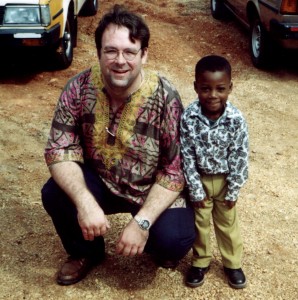
Bryan Thomas Schmidt is an author and editor of adult and children’s science fiction, fantasy and humor books, short stories and articles. His debut novel, The Worker Prince (2011) received Honorable Mention on Barnes & Noble Book Club’s Year’s Best Science Fiction Releases for 2011. A sequel The Returning followed in 2012 and The Exodus will appear in 2013, completing the space opera Saga Of Davi Rhii. His first children’s books, 102 More Hilarious Dinosaur Books For Kids (ebook only) and Abraham Lincoln: Dinosaur Hunter- Land Of Legends (forthcoming) appeared from Delabarre Publishing in 2012. His short stories have appeared in magazines, anthologies and online. He edited the anthology Space Battles: Full Throttle Space Tales #6 (2012) and is working on Beyond The Sun, forthcoming. A frequent contributor to blogs like SFSignal, Adventures In SF Publishing, Grasping For The Wind, he also hosts Science Fiction and Fantasy Writer’s Chat under the hashtag #sffwrtcht on Twitter and blogs about writing and creativity on his own blog at www.bryanthomasschmidt.net/blog. Connect With Bryan On Google+

